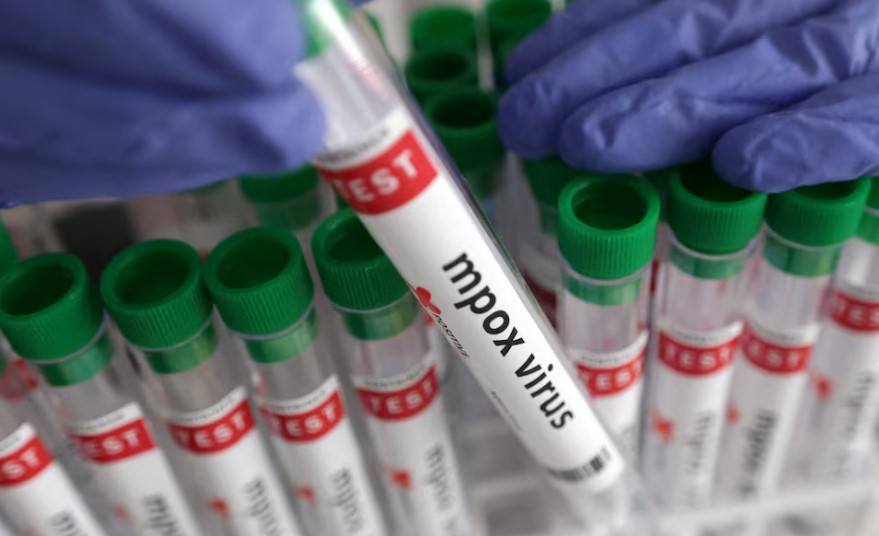Two new Mpox cases confirmed in Kenya, including patient who recently returned from South Sudan

The Homa Bay patient, a 44-year-old man from Koduogo, Ndhiwa sub-county, developed symptoms while supervising KCSE exams.
Two cases of Mpox have been reported in Kenya, with one patient in Homa Bay County and another in Kisumu.
According to county officials, the Homa Bay patient, a 44-year-old man from Koduogo, Ndhiwa sub-county, developed symptoms while supervising KCSE exams, while the Kisumu patient recently returned from South Sudan.
More To Read
- Mpox detected in Garissa, patient isolated as officials trace contacts
- Mpox cases in Africa surpass 190,000, deaths near 2,000: Africa CDC
- Mombasa County's mpox cases rise to 182 as health authorities activate emergency operations
- Kenya battles rising mpox infections as WHO lifts global emergency
- Mpox deaths near 2,000 in Africa since 2024 amid recent decline in cases: Africa CDC
- Health authorities launch 10-day mpox vaccination drive at Malaba border
County Government Spokesperson Atieno Otieno said the Homa Bay patient is currently under observation in an isolation ward at Homa Bay Teaching and Referral Hospital.
“A multi-sectoral coordination team is actively monitoring the health of both patients to contain the spread of the virus,” Otieno said.
She further urged residents to avoid close contact with anyone showing Mpox symptoms such as rash, fever or swollen lymph nodes.
In Kisumu, the first Mpox case was confirmed in a 42-year-old man who began experiencing symptoms while still in Juba, South Sudan.
County Executive Committee Member for Health, Gregory Ganda, said the patient was admitted to Kisumu County Referral Hospital after boarding a Simba Coach bus on Tuesday, November 19, departing at 7:00 am and arriving around 10:00 am.
He confirmed that four close contacts of the patient have been identified and are under observation.
Ganda appealed to anyone who was on the same bus to seek medical evaluation and reassured the public that the county is increasing surveillance across all health facilities to support early detection of the virus.
“The county has intensified surveillance across all health facilities to support early detection and prevent potential spread of the virus,” he said.
Mpox spreads through direct contact with an infected person’s body fluids, skin lesions, contaminated materials, or prolonged face-to-face interaction. The Ministry of Health recommends that residents wash their hands frequently with soap and water, avoid sharing personal items and seek prompt medical attention if they develop fever, swollen lymph nodes, headaches, muscle aches or a new rash.
It also warns that anyone can contract Mpox, but higher-risk groups include healthcare workers, travellers, people caring for infected individuals, children, pregnant women, immunocompromised persons and those with multiple sexual partners.
To prevent the spread of the virus, the Ministry urges residents to avoid close contact with infected individuals, refrain from handling their belongings, limit sexual partners and avoid contact with wild animals or consuming bushmeat.
Top Stories Today













































